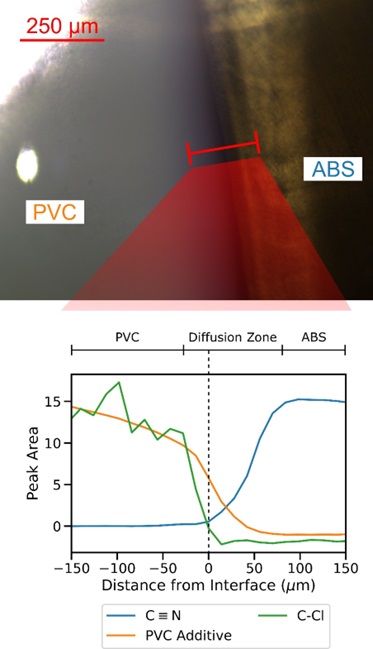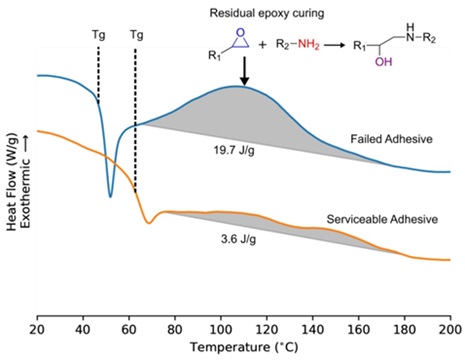
Practical Polymer Materials Structure and Characterization
Free, One-hour Webinar
Polymer materials have wonderfully diverse molecular structures, which allows engineers to design parts using rubbery elastomers, hard filled epoxies, and everything in between. However, observing and measuring the structure of polymers is more difficult than just using a microscope.
This informative webinar is designed specifically for mechanical engineers who may not have extensive experience with polymer materials. We'll delve into polymer structure and essential techniques such as differential scanning calorimetry (DSC), Fourier-transform infrared spectroscopy (FTIR), dynamic mechanical analysis (DMA), and thermogravimetric analysis (TGA), equipping you with the knowledge to analyze key properties beyond basic specifications. By mastering these methods, you'll gain a deeper understanding of polymer behavior, allowing you to make informed design decisions.
Details
Course Instructor
Dr. Scott Grindy is a Lead Engineer at Veryst Engineering. Dr. Grindy’s expertise is in the design of functional polymeric materials through materials chemistry and structure. He has worked extensively with polymeric materials such as soft hydrogels, thermoplastics, photo-curing systems, and biodegradable polymers. Dr. Grindy has experience using both mechanical characterization such as DMA (dynamic mechanical analysis) and rheology and analytical methods such as FTIR (Fourier-transform infrared spectroscopy), DSC (differential scanning calorimetry), and HPLC (high-performance liquid chromatography) to analyze materials in wide-ranging areas that include drug delivery, implantable biomedical devices, adhesives, and consumer products to understand how material structure and chemistry drives performance.
Prerequisites
This course is intended for mechanical or design engineers who may not have extensive experience with polymer materials.
Learning Objectives
By the end of this class, you will be able to:
- Classify and describe polymer materials by their structure
- Understand how to employ analytical techniques to measure aspects of polymer structure and inform design decision-making
Course Outline
- Polymer material structure
- Thermosets vs. Thermoplastics
- Crystalline vs. Amorphous Polymers
- The glass transition
- Polymer characterization
- Dynamic Mechanical Analysis (DMA)
- Differential Scanning Calorimetry (DSC)
- Thermogravimetric Analysis (TGA)
- Fourier-Transform Infrared Spectroscopy (FTIR)
Registration
The October 17, 2024 Practical Polymer Materials Structure and Characterization web-based course is free, but registration is required and class size is limited.
Use our on-line registration form (see below) or print out this page and submit by one of the following:
- Scan and email to: seminars@veryst.com
- Fax to: 781.433.0933
- Mail to:
- Seminars
- Veryst Engineering
- 47A Kearney Road
- Needham, MA 02492
Deadline for registration is: Friday, October 11, 2024.
Cancellation Policy
Veryst reserves the right to reject registrations and to cancel a webinar based on class size.
Important Information
* You will receive an email confirmation once you have completed your registration.
* You will receive an email with login information the day before the webinar.

